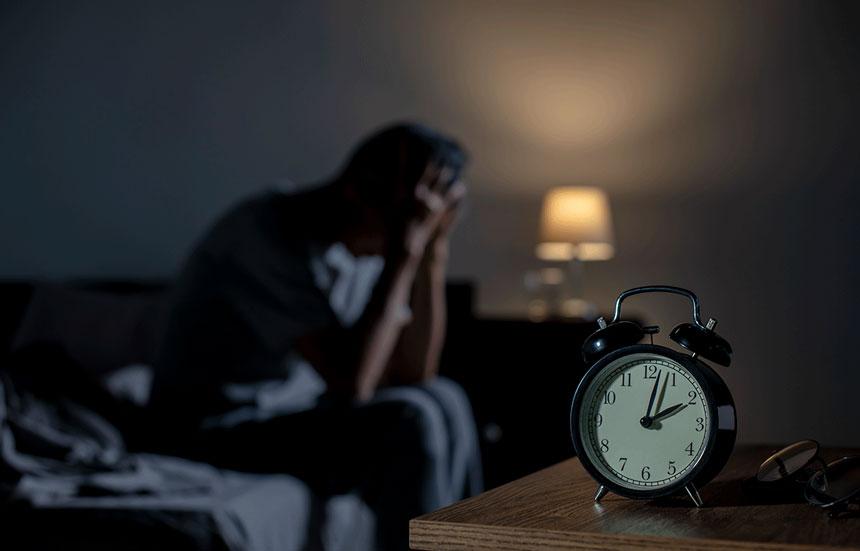Americans are More Stressed and Sleeping Less

If you’re struggling to get a good night’s sleep, chances are you’re stressed. Stress is another public health issue plaguing America. In fact, more than 25% of American adults reporting being so stressed that they can’t function, according to a poll conducted by the American Psychological Association.
The combination of insomnia and stress is problematic for many Americans, particularly women under age 50, according to a recent Gallup poll. The poll also found that in general, Americans are sleeping less, are less satisfied with the amount of sleep they’re getting, and are more stressed today than 30 years ago.
Stress is devastating on our health, causing inflammation and immune disorders. It can exacerbate arthritis, asthma, heart disease, inflammatory bowel disease and many other conditions. Sleep deprivation is also a major public health problem in the U.S. About 70 million Americans have chronic sleep disorders — and poor sleep can lead a wide range of health issues, including heart disease, dementia and obesity. It also can affect your job performance.
How Stress Interferes with Sleep
Stress affects the quantity and quality of your sleep by prolonging the time it takes to fall asleep and interferes with the length of time you stay asleep. This is because stress initiates a psychophysiological response that activates the HPA axis, a communication system between the hypothalamus, pituitary gland and adrenal glands. Triggering the HPA axis is like pressing on a gas pedal in the sense that it revs up the body.
The hypothalamus is a gland located in the brain that’s responsible for maintaining homeostasis in the body. It’s known for regulating body temperature, but it also manages hormones and has control (or at least some control) over involuntary processes like heart rate, hunger, thirst and mood. It also houses a group of nerve cells that affect sleep and arousal. When stressed, the hypothalamus signals the pituitary gland and adrenal glands.
The pituitary gland, a pea-sized gland situated at the base of the brain, serves as the master gland for the body. It produces hormones and directs other glands to produce hormones. Stress causes the pituitary gland to release cortisol, a hormone that interferes with circadian rhythms and sleep cycles. A higher level of cortisol keeps you on high alert, leading to restlessness, insomnia and fragmented sleep.
Stress also prompts the adrenal glands -- two small, triangular shaped glands positioned on top of the kidneys – to release dopamine, a chemical messenger that raises alertness. They also secrete epinephrine (often known as adrenaline) and norepinephrine, two hormones behind the “fight or flight” response we experience when we perceive a threat. Epinephrine and norepinephrine increase your breathing rate, heart rate and blood pressure, heighten your sense of awareness, promote hyperactivity and can possibly set off a panic attack.
Managing Stress to Get Enough Sleep
Fortunately, stress is usually a controllable problem. You can divide your stress management efforts into two timeframes – daytime and bedtime.
Daytime Stress Relief
To ease stress throughout the day, try to:
Bedtime Stress Relief
Practice good sleep hygiene and establish a good bedtime routine includes one or more of the following.
- Meditation
- Deep breathing exercises
- Progressive relaxation
- Bedtime Tai Chi
- Consume sleep-friendly foods two to three hours before bed.
And if you still can’t sleep, your primary care doctor can help. If you don’t have a doctor, consider joining an MDVIP-affiliated practice. They more have time to help you in your pursuit of a healthier lifestyle, which can help you manage your stress and improve your sleep. Find a physician near you and begin your partnership in health »


